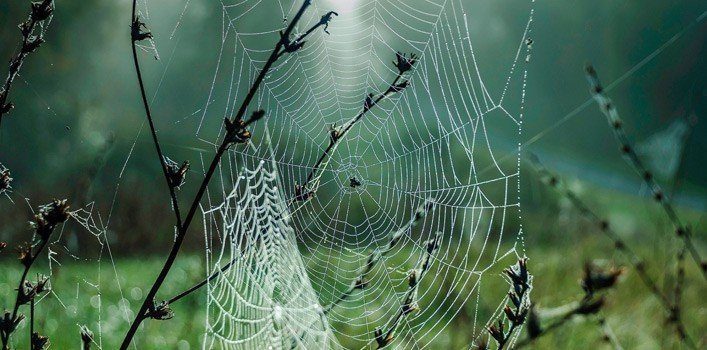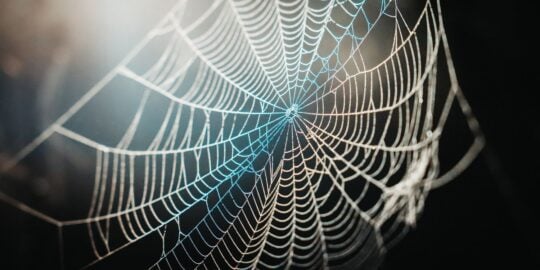Spiders are nature’s mysterious eight-legged predators.
Their strangeness has attracted many scientists to study them, and more often than not, their research gives some really strange results.
So, check out these eight creepy facts that might surprise you about the commonly known arthropod.
Spiders are completely unable to digest solid food.
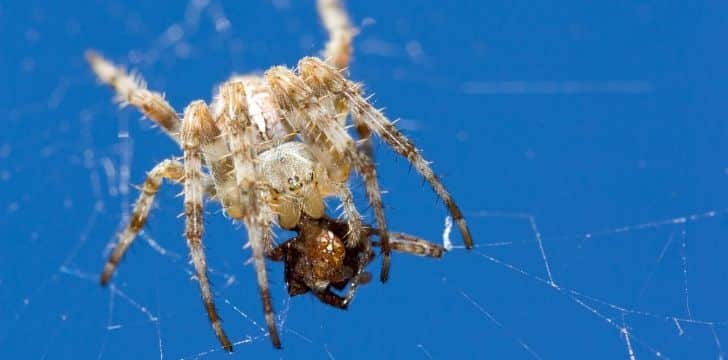
The spider has to inject a fluid into its prey that softens the inside organs and tissue.
After everything is completely melted, the spider is then able to suck out the melted insides for nourishment.
A spider’s blood is blue… or is it?
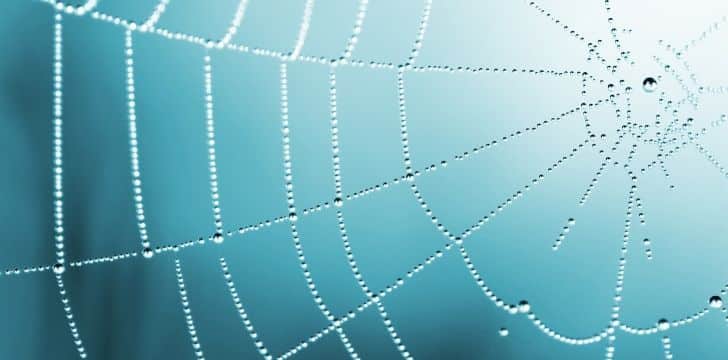
As strange as it may be, spiders do not actually have blood.
What they have is actually called “Hemolymph.”
Our blood is based on the molecule Haemoglobin, which contains iron.
That is what makes human blood red. A spider’s, however, is based on the protein Hemocyanin which is copper-based.
Hemocyanin is normally clear, but when exposed to oxygen, it becomes a dark blue color.
Spiders can control their blood pressure to make it possible for them to move.
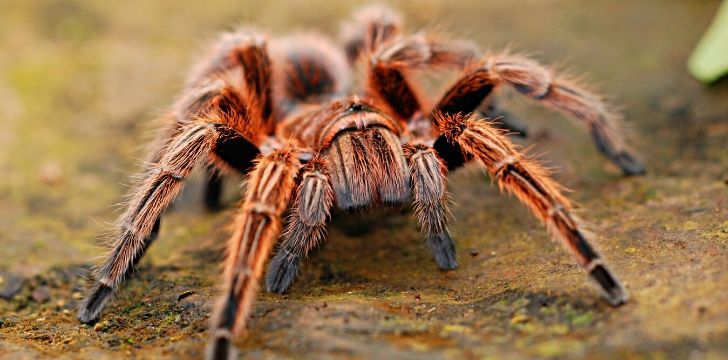
Spiders don’t only use muscle to move; by combining muscle movement and hemolymph pressure, a spider can move their legs to walk or, for some species, jump.
The arachnid contracts muscles in the cephalothorax, increasing hemolymph pressure in their legs, which extends them.
A sudden increase in hemolymph pressure in the joints causes the legs to snap outward, making the spider jump.
Spiders have no backbone.
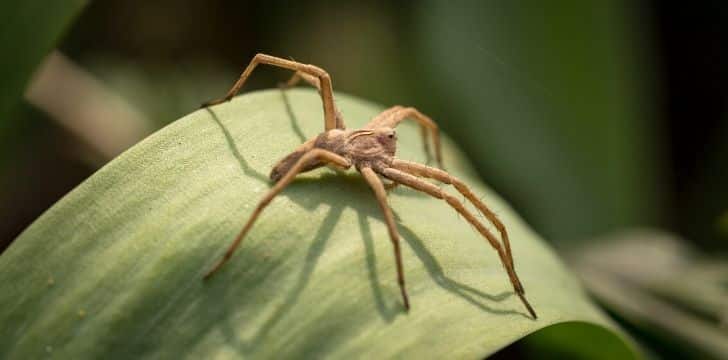
Spiders actually have no bones at all.
They have an exoskeleton that surrounds their organs and blood, which makes them classified as invertebrates or having no spine.
Spiders are not the only ones to have an exoskeleton.
Actually, all insects and arachnids have exoskeletons.
Having an exoskeleton makes growing much more difficult for these creatures, and periodically they need to “olt” or shed their outer shells.
They grow back in time.
All invertebrates (even spiders) are very vulnerable before their new exoskeleton hardens.
If the spiders’ old web has not been destroyed, they eat it.
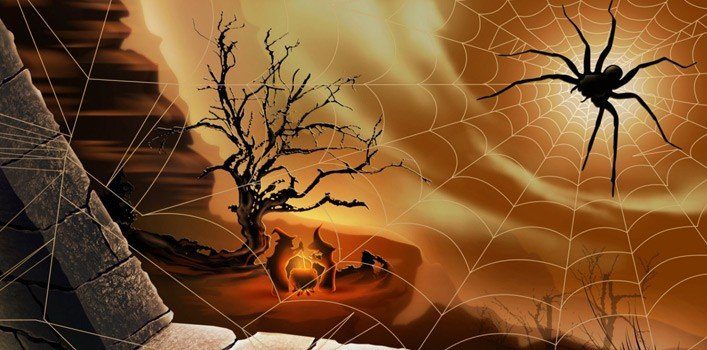
When a spider’s web is no longer sticky or becomes too dirty, the spider usually eats its web and uses the nutrients from the web to make a new web.
See? Spiders recycle, too… in their own weird way.
A species of spider actually lives in water (yeah…not safe there either!)
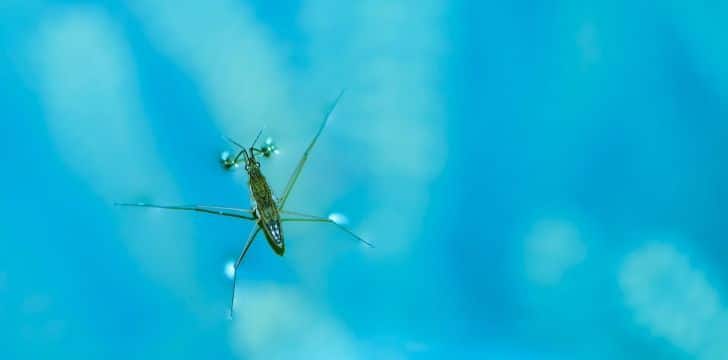
There is a species of spider that has adapted to living in the water. It is known as the “Diving Bell” spider.
The fine hairs all over its body trap air bubbles, which it uses to add to its web for oxygen.
Antarctica has no spiders.

Antarctica has no species of spider living there.
They simply wouldn’t be able to handle the extremely cold temperatures that Antarctica provides.
There is one species of spider that has been classified as a vegetarian.
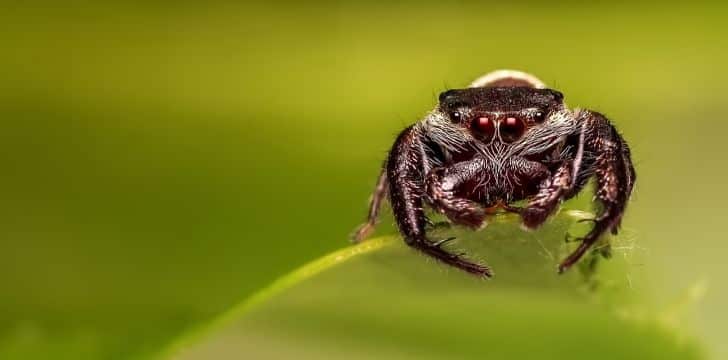
The Bagheera kiplingi spider was discovered in the 1800s and was found to be eating mostly from the buds of acacia plants.
Occasionally the spider would feed on ant larvae, but its diet mostly consists of plants.
It is the only known vegetarian spider in the world.

